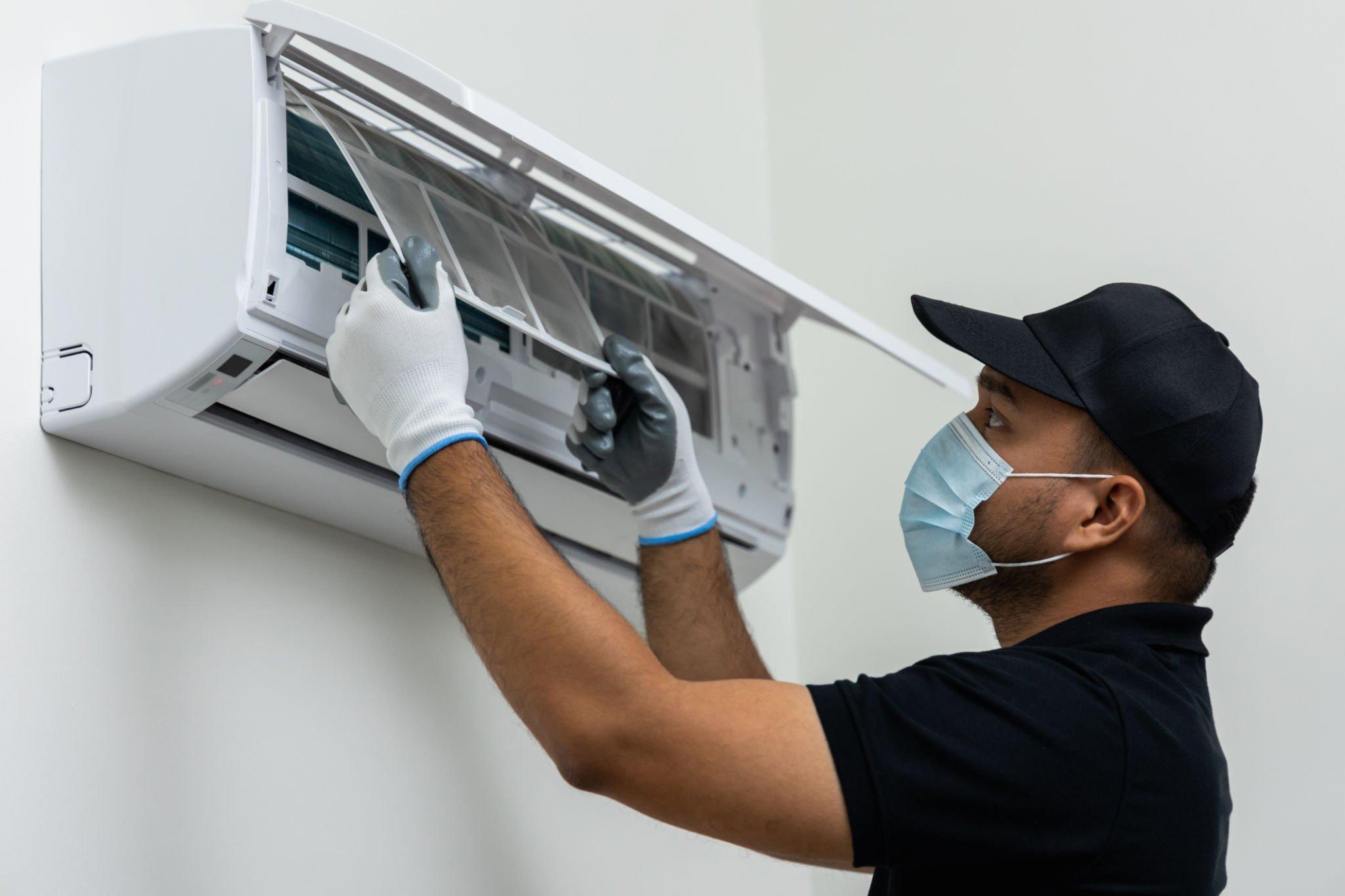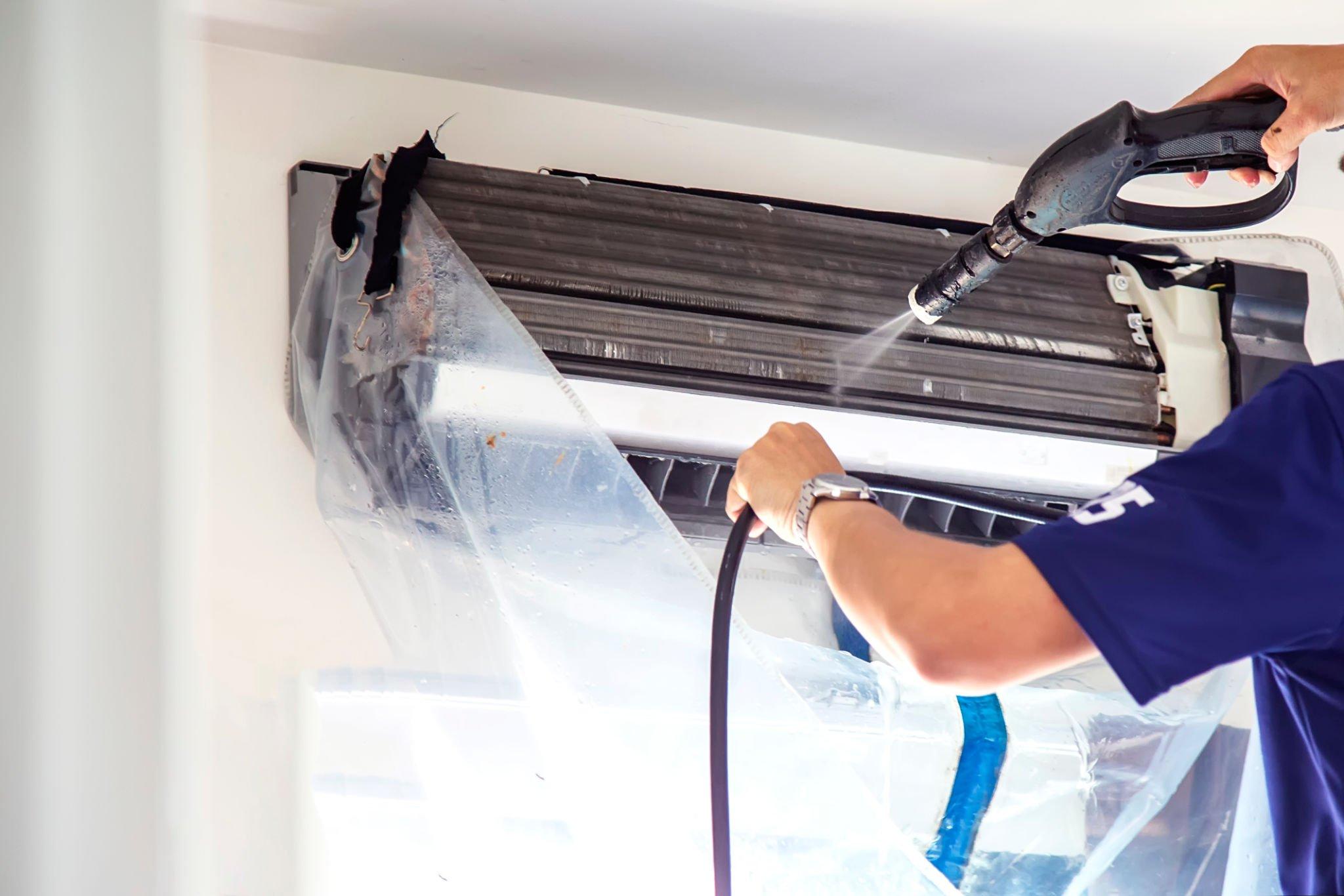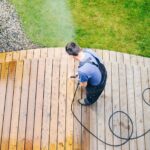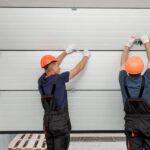HVAC (Heating, Ventilation, & Air Conditioning) systems are responsible for maintaining indoor comfort and air quality. Users need to consider regular maintenance of these systems because it ensures their optimal performance and longevity.
By addressing potential issues proactively, you can avoid unnecessary expenses, discomfort, and potential health risks.

In this post, let’s delve into the nine common Heating & Cooling system issues that can be lessened through professional regular maintenance.
Air Filter Neglect
One of the simplest yet often overlooked aspects of Heating & Cooling system maintenance is changing the air filters. Clogged filters can curb the airflow,
which can hinder system performance and increase energy consumption. Regularly changing air filters promotes better air quality and minimizes strain on the system.
Inadequate Lubrication
Heating & Cooling systems comprise various moving parts that require proper lubrication to prevent friction and wear. Without regular lubrication, components like motors and bearings can become damaged, leading to system malfunctions and potential breakdowns.
Thermostat Irregularities
A malfunctioning thermostat can lead to inconsistent temperature control and wasted energy. Professional maintenance ensures that the thermostat is calibrated accurately, facilitating precise temperature regulation and energy efficiency.
Refrigerant Leaks
Refrigerant is crucial for proper cooling in air conditioning systems. Leaks will hamper the cooling efficiency besides the gas from the leakage is damaging to the environment. Professional technicians can detect and repair leaks, ensuring optimal system performance while adhering to environmental regulations.
Clogged Condensate Drain
Heating & Cooling systems produce condensate, which must be drained properly to prevent mold growth and water damage. Regular maintenance includes clearing clogs from the condensate drain, averting potential water-related issues.
Read also: 10 Efficient House Cleaning Hacks
Dirty Coils
Both the evaporator and condenser coils can accumulate dirt and debris over time, hindering heat exchange and reducing efficiency. Professional cleaning of these coils ensures optimal heat transfer and system efficiency.
Electrical Connection Issues
Faulty electrical connections can lead to system malfunction, inefficient operation, or even safety hazards. Regular maintenance includes inspecting and tightening electrical connections to prevent these issues.
Worn Belts and Pulleys
Heating & Cooling systems often include belts and pulleys that drive components such as fans and blowers. Over time, these components can become worn or misaligned, affecting system performance.
Regular maintenance addresses belt tension and alignment, prolonging their lifespan and maintaining efficient operation.
Ignition or Combustion Problems
For systems that use fossil fuels, ignition or combustion issues can pose safety risks and reduce heating efficiency.

Professional maintenance includes inspection of –
- Burners
- Ignition systems
- Heat exchangers
It is crucial to ensure safe and efficient combustion.
In commercial setting, the connection between clean workspaces and HVAC (Heating, Ventilation, and Air Conditioning) systems is close because they help to maintain a healthy and productive environment.
Visit Frying & Cooling website to know more about a clean workspace. They are popular across Ohio and Michigan for their heating, cooling & plumbing services.
Wrap-up
Heating & Cooling systems are vital for maintaining indoor comfort, and regular professional maintenance is essential to prevent common issues that can compromise performance and efficiency.
By addressing air filter maintenance, lubrication, thermostat calibration, refrigerant leaks, drain clogs, coil cleaning, electrical connections, belt and pulley care, and ignition concerns, homeowners can enjoy reliable and energy-efficient HVAC operation.
This proactive approach not only extends the lifespan of the system, but also contributes to a healthier indoor environment and reduced energy consumption.









